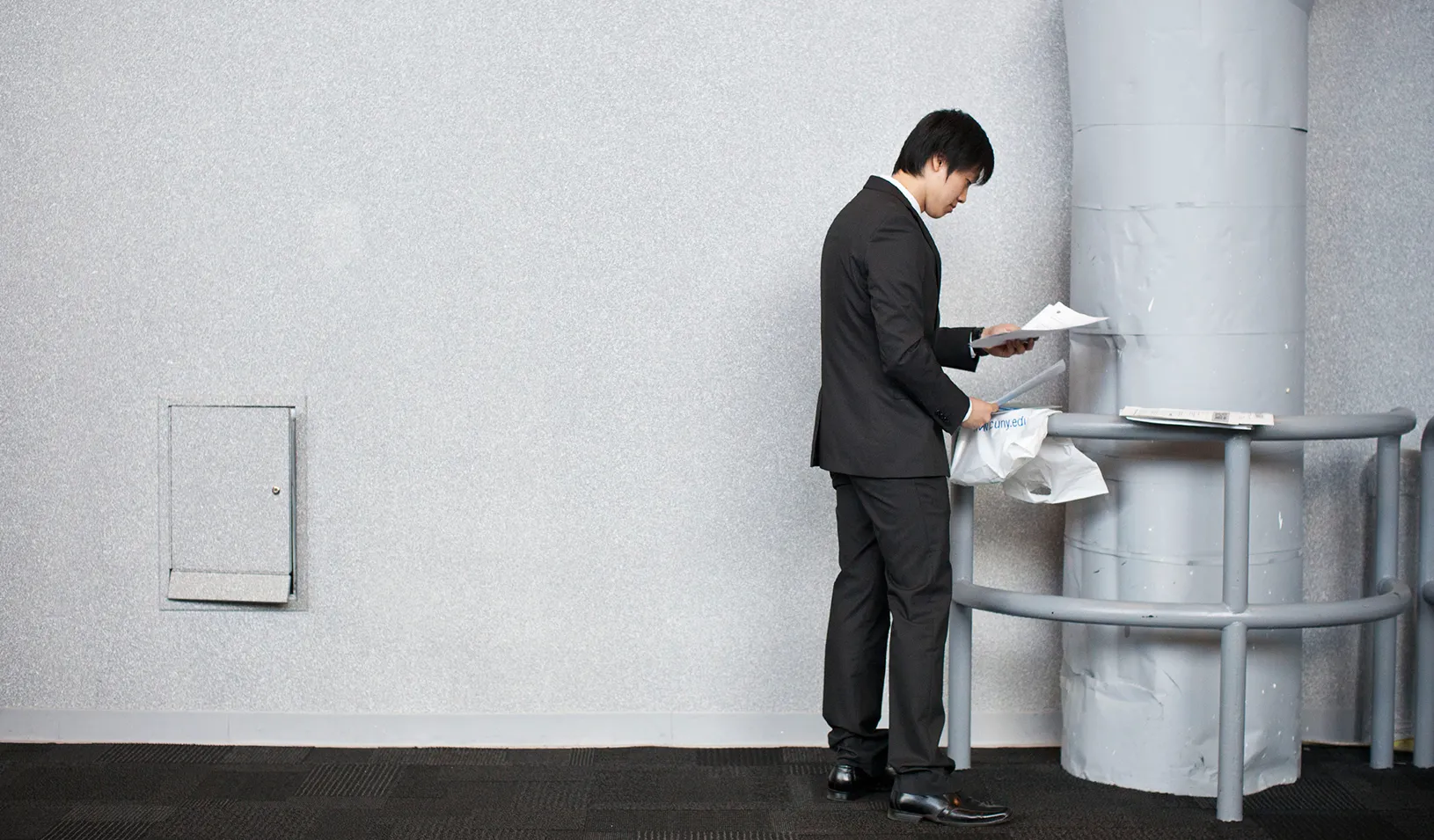
Before a critical meeting with your boss, an important customer, or your teenage son or daughter, do you spend time mentally roughing out and revising what you are going to say? If so, social psychologist Deborah Gruenfeld has a message for you: You are misdirecting your energy. Spend time instead practicing how to walk, stand, sit, and quickly grasp how other people are moving their bodies.
Gruenfeld, an experimental social psychologist on the faculty of Stanford GSB, gives this advice standing in the front of a full classroom, her weight planted firmly and evenly on both high-heeled feet, looking straight at her audience, speaking in complete sentences. She is demonstrating what acting coaches sometimes call “playing high.” That means she is making sure everybody in the room knows she is in charge in this time and place.
As someone who has researched power for two decades, Gruenfeld has plenty of evidence of the importance of body posture and tone of voice. She pulls bits and pieces from her brain in order to persuade her audience with rational arguments. Yet that research tells her — and you — that it isn’t the quality of her argument that will persuade people. It is rather how she conveys it. “Your status,” she says, “is determined by physical attributes and nonverbal cues. People decide if you are competent in less than 100 milliseconds.”
Intelligence, she reports, is not a strong predictor of leadership. Other research indicates the pitch, volume, and pace of your voice affect what people think you said about five times as much as the actual words you used. Other studies show, however, that we are impressed with our own arguments. So it sometimes pays to repeat back to someone you are trying to impress what he or she said. Others present in the room may not be impressed with you, but the person you are parroting will be.
About five years ago, Gruenfeld decided on a new approach to help her MBA students deal with what she calls their “authority issues.” Some, she discovered, get into professional or personal trouble because they don’t know how to be deferential to other people when it is appropriate. Others don’t know how to take charge and be the authority when that is called for. Because most business students will have to be both team followers and leaders within hierarchies, she wanted to teach them the basics and decided the best way might be to team up with a drama teacher who could help them practice. Actors, she discovered, are exceptionally good at paying attention to other actors. If they aren’t, they will not only miss cues but also appear unconvincing to the audience. (For more details on her Acting with Power classes.
Some of what Gruenfeld teaches comes from research by colleagues, including Professor Larissa Tiedens, codirector of the business school’s Center on Leadership Research and Development, who also has studied how the language of body movement influences perceptions.
There are times, Gruenfeld tells her class, which on this recent day is comprised of university employees, when you want to “play low” status. “You are making the relationship work and not necessarily giving anything important away,” she says. “Playing low can lift others up and make them feel good about themselves.”
For high-status people in an organization, she says, telling a self-deprecating joke can make you more approachable. Many of us know the boss who says “My door is always open,” but their body language adds “but really, don’t come in here.”
In facing a subordinate who doesn’t know he or she is a subordinate, she suggests a few extra moments of silence can send the right signal.
And don’t forget, Gruenfeld says, that your posture affects you as well as other people. She asks her seated audience to press their knees together, hold their elbows close to their sides, and lean forward. While in that position, she has them say “I am totally in charge.” They laugh because they didn’t believe their own words. Then she instructs them to lower their shoulders, drape an outstretched arm over the back of their chair, and spread their legs wide, taking up more space. High-status people, she says, generally let their bodies take more space than low-status people. That alone makes them both appear and feel relaxed.
Like others, you probably know this on your gut level, Gruenfeld says. “There is a body language of power, and we know it. But we don’t know we know it.”
For media inquiries, visit the Newsroom.





